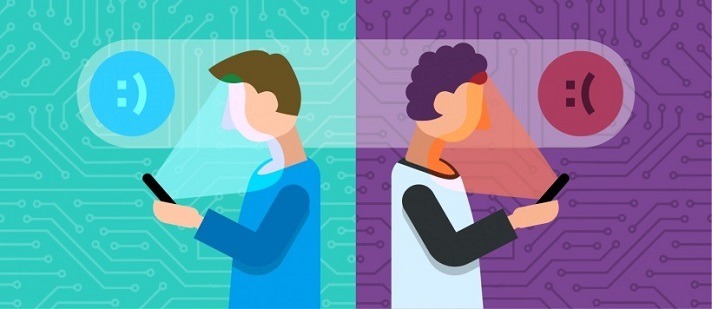Posts Tagged ‘mental health’
(Webinar recording) Harnessing Brain Science to Empower Minds & Enhance Resilience and Productivity
? We hope you enjoy the conversation (57 minutes) as much as we did! Webinar description: Is your team and organization grappling with AI disruption, constant multitasking, or back-to-back calls that leave no room for strategic thinking? Our “Brain-As-An-Asset” approach pivots from standard reactive mental health tactics to proactive initiatives that enhance brain health, aligning with your organizational…
Read MoreMay 21st Webinar to Empower Minds: Harnessing Brain Science to Enhance Resilience and Productivity
Description: Is your team and organization grappling with AI disruption, constant multitasking, or back-to-back calls that leave no room for strategic thinking? Our “Brain-As-An-Asset” approach pivots from standard reactive mental health tactics to proactive initiatives that enhance brain health, aligning with your organizational goals and evolving culture. Discover how the latest brain science insights can refresh your…
Read MoreSurvey: Firms should innovate to better integrate brain health into L&D, training, leadership programs
2024 Survey of Brain Health Trends and Beliefs Among Experts and Early Adopters, conducted by the think tank SharpBrains. 85% of respondents favor incorporating brain health into regular company health, training and L&D activities. 95% consider essential managing stressful situations at work. 87% has experienced brain and mental benefits of physical exercise, 65% of improved nutrition,…
Read MoreNew book encourages readers to embrace uncertainty in order to improve decision-making, mental health, and more
Life is uncertain. We never know what will happen, and many things are unknowable. This can make us feel stressed or worried, since the unknown is associated with danger. But as journalist Maggie Jackson argues in her new book, Uncertain: The Wisdom and Wonder of Being Unsure, there are many benefits to allowing ourselves to…
Read MoreBrain Health in 2030: Navigating Neuroplasticity & the Digital Health Market
Brain Health in 2030: Navigating Neuroplasticity & the Digital Health Market from SharpBrains Keynote delivered by Álvaro Fernández, CEO of SharpBrains, during corporate retreat. Key message: Our very human brains and minds are the most sophisticated technology at our disposal, so we should invest more time learning about how they work and harnessing neuroplasticity-based methods…
Read MoreStudy doesn’t find evidence to link internet access with poorer psychological well-being and mental health
Is the internet bad for mental health? What the latest study really means. (Mashable): … Enter a study published Tuesday by researchers in the journal Clinical Psychological Science, which tried but did not succeed in finding a compelling link between internet access and poor mental health and well-being. Business Insider, for example, declared that the…
Read More



